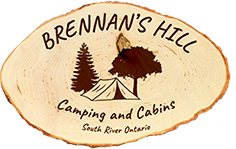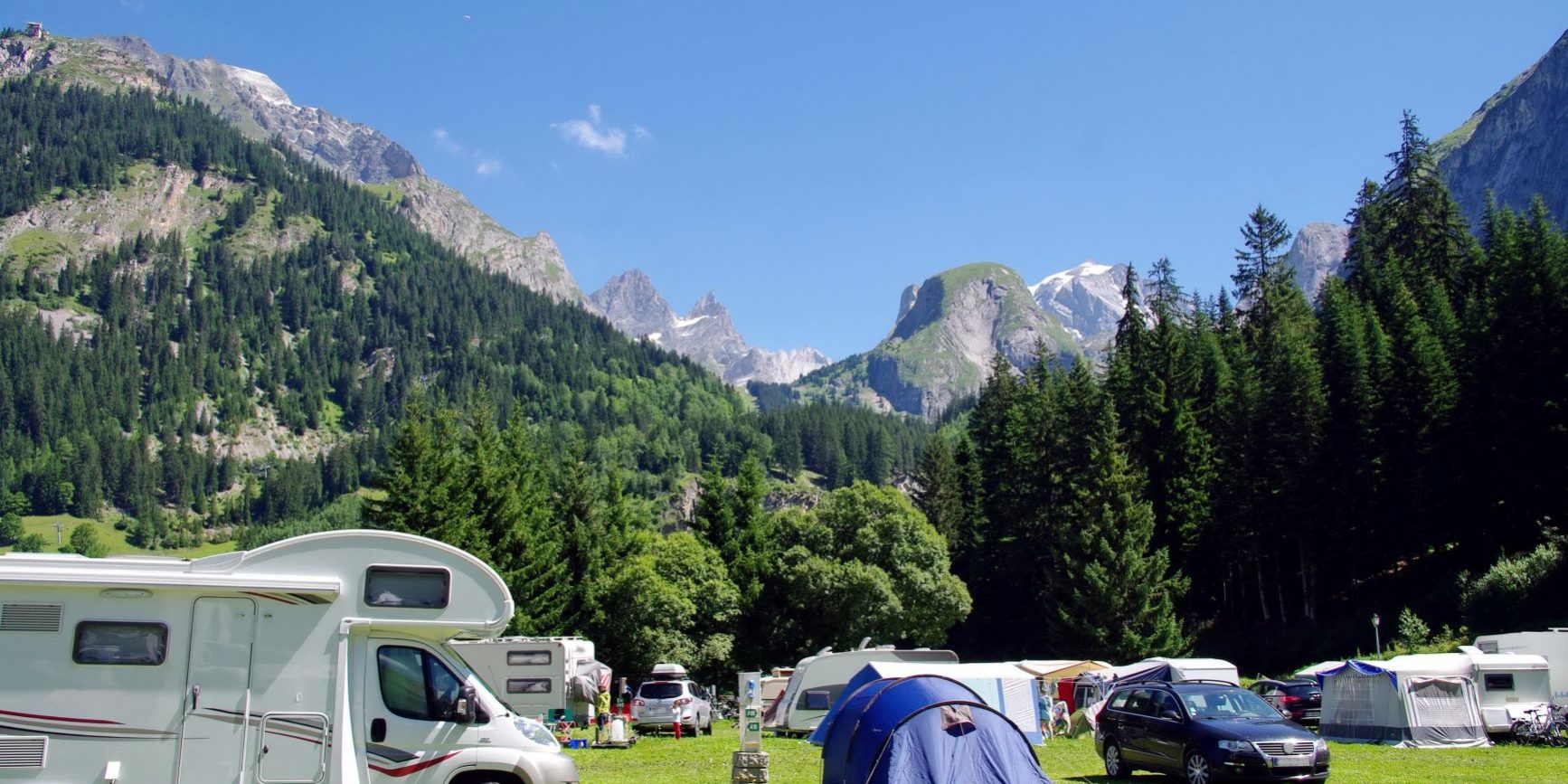Campgrounds are more than just places for people to pitch tents and park RVs; they are vital contributors to the economic well-being of local communities. From generating employment opportunities to boosting local businesses, campgrounds play a significant role in fostering economic growth. In this article, we’ll explore how campgrounds support local economies and why they are essential assets to communities.
1. Job Creation and Employment Opportunities
One of the most direct ways campgrounds support local economies is through job creation.
1.1. Direct Employment
Campgrounds require staff to operate efficiently, including roles such as campground managers, maintenance workers, groundskeepers, and customer service representatives. These positions provide steady employment opportunities for local residents.
1.2. Seasonal and Part-Time Jobs
During peak seasons, campgrounds often hire additional staff to manage the increased number of visitors. This creates seasonal jobs that are especially beneficial for students, retirees, or those seeking part-time work.
2. Boosting Local Businesses
Campers often need supplies, food, and entertainment, which leads them to spend money at nearby businesses.
2.1. Retail and Grocery Stores
Campers purchase essentials like groceries, camping gear, and personal items from local stores. This influx of customers boosts sales for retailers and contributes to the local tax base.
2.2. Restaurants and Cafés
After a day of outdoor activities, many campers look for dining options, increasing patronage at local restaurants, cafés, and bars. This not only supports these businesses but also encourages the growth of new eateries to meet demand.
2.3. Gas Stations and Convenience Stores
Travelers need fuel and quick supplies, which benefits local gas stations and convenience stores. The increased traffic can lead to expanded services and job creation within these establishments.
3. Supporting Tourism and Related Industries
Campgrounds attract visitors from various regions, contributing to the broader tourism industry.
3.1. Attraction to Local Sites
Campers often explore nearby attractions such as parks, historical sites, and museums. This increased foot traffic supports admission-based venues and encourages the preservation and promotion of local heritage sites.
3.2. Outdoor Recreation Services
Businesses offering recreational activities like kayaking, fishing tours, horseback riding, and bike rentals see increased demand due to campground visitors. This stimulates growth in outdoor adventure companies and supports guides and instructors.
4. Infrastructure Development
The presence of campgrounds can lead to improvements in local infrastructure.
4.1. Road Maintenance and Expansion
Increased traffic to campgrounds often necessitates better roads and signage, which can lead to government investment in infrastructure that benefits the entire community.
4.2. Utilities and Services
Campgrounds require utilities such as water, electricity, and waste management. Expanding these services can improve access and reliability for local residents as well.
5. Tax Revenue and Government Funding
Campgrounds contribute to the local economy through taxes and fees.
5.1. Sales and Lodging Taxes
The goods and services purchased by campers generate sales tax revenue. In some regions, campgrounds also contribute lodging taxes, which can be used to fund community projects and services.
5.2. Business Licenses and Permits
Campgrounds pay for business licenses, permits, and property taxes, providing additional revenue streams for local governments.
6. Environmental Conservation and Sustainability
Campgrounds often promote environmental stewardship, which can have economic benefits.
6.1. Conservation Jobs
Efforts to maintain natural spaces create jobs in conservation, forestry, and wildlife management, supporting a niche but important sector of the local economy.
6.2. Sustainable Tourism
By promoting eco-friendly practices, campgrounds attract environmentally conscious travelers who are willing to spend more on sustainable products and services, benefiting local businesses that adopt green practices.
7. Community Engagement and Cultural Exchange
Campgrounds serve as hubs for cultural exchange and community events.
7.1. Local Events and Festivals
Campgrounds can host or support local events, festivals, and markets, drawing visitors who spend money on entry fees, local crafts, and food vendors.
7.2. Cultural Awareness
Interacting with visitors from different backgrounds enriches the local community’s cultural understanding and can inspire new businesses or services catering to diverse interests.
8. Stimulating Real Estate and Development
The popularity of camping can influence local real estate markets.
8.1. Increased Property Values
Proximity to popular campgrounds can raise property values, benefiting homeowners and attracting real estate investments.
8.2. Development Opportunities
The demand for more accommodations and services can lead to the development of hotels, resorts, and other hospitality businesses, further stimulating the economy.
Final Thoughts
Campgrounds play a multifaceted role in supporting and invigorating local economies. By creating jobs, boosting businesses, enhancing infrastructure, and contributing to tax revenues, they are indispensable assets to communities. Moreover, they promote environmental stewardship and cultural exchange, enriching the social fabric of the area. Recognizing and investing in campgrounds can lead to sustained economic growth and a vibrant community life.










